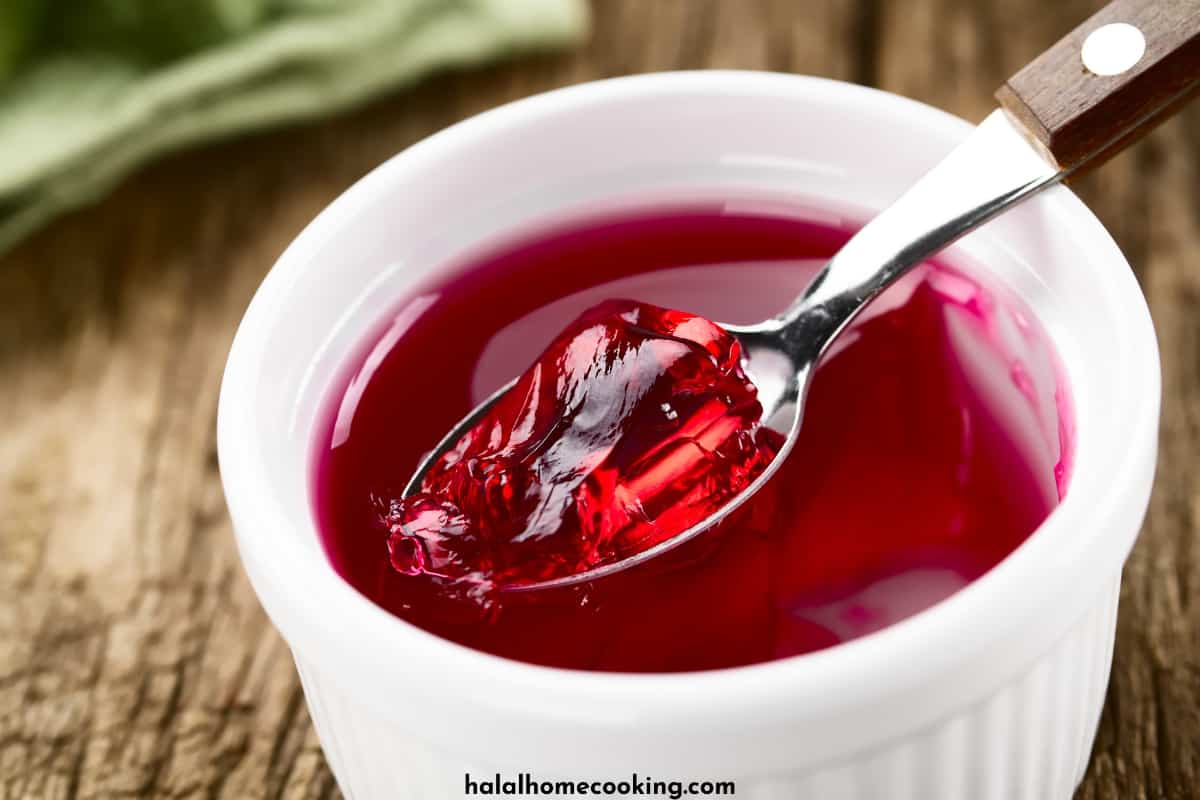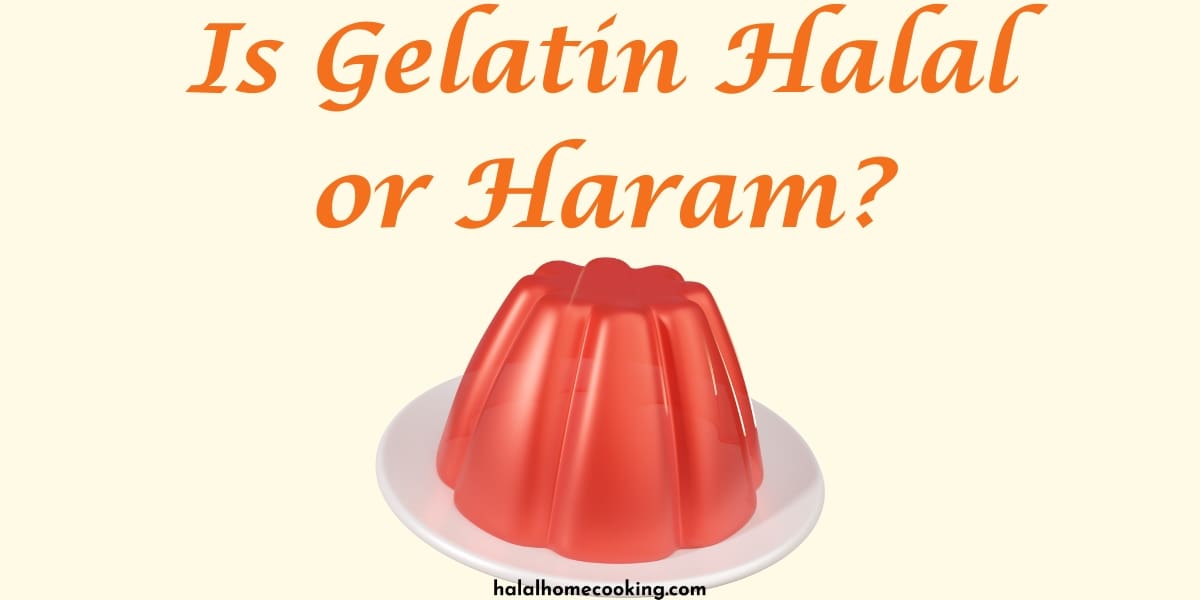One topic that often sparks debate among Muslims is whether gelatin is halal or haram. Gelatin, a common ingredient found in many food products, is derived from animal sources such as bovine or porcine. In Islamic law, halal refers to anything permissible according to the guidelines outlined in the Quran and the teachings of Prophet Muhammad (peace be upon him). On the other hand, haram signifies something that is forbidden for consumption.
Gelatin itself is a gelling agent commonly used in various products like gummy candies, desserts, and even some medications. However, its source determines its halal status. Bovine gelatin obtained from cows slaughtered according to Islamic guidelines would be considered halal. This type of gelatin ensures that it comes from a permissible and pure source.
On the contrary, gelatins derived from non-halal sources such as pigs or any impure substance are considered haram – forbidden for consumption by Muslims adhering to Islamic dietary laws. Pork gelatin specifically poses an issue because it originates from an animal explicitly prohibited in Islam.
Determining whether a food product contains halal gelatin or not requires an understanding of raw materials and the production processes involved. For example, if fish gelatin were used instead of bovine or porcine sources, it would be considered permissible since fish falls under the category of halal animals.

Is Gelatin Halal in Sunni?
In Sunni Islam, gelatin is considered halal as long as it is derived from a halal source. Gelatin is often derived from animal by-products such as the bones and skin of animals. If these animals were slaughtered according to Islamic guidelines, then the gelatin would be considered permissible for consumption. However, if the animal was not slaughtered in a halal manner or if the source of gelatin is uncertain and could potentially come from non-halal sources, it is recommended to avoid consuming it to err on the side of caution. Muslims need to check for Halal certification or seek guidance from reliable scholars when unsure about specific products containing gelatin.
Is Gelatin Halal in Shia?
In Shia Islam, there is no clear consensus regarding the permissibility of gelatin. Gelatin is derived from animal sources such as pig or cow bones and skin. Some Shia scholars consider gelatin halal if it comes from a permissible source (such as a slaughtered animal). However, other scholars take a stricter approach and argue that most commercial gelatins are not halal due to the unknown nature of their sources. Therefore, it is recommended for Shia Muslims to refer to their respective religious authorities for guidance on consuming gelatin.
Is Gelatin Halal in Hanafi?
In the Hanafi school of thought, gelatin is considered halal if it originates from a permissible source such as animals slaughtered according to Islamic guidelines or from permissible fish. However, if it is derived from prohibited sources such as pigs or non-halal slaughtered animals, then gelatin would be deemed haram in this context. The reasoning behind this ruling is that gelatin undergoes a significant transformation during its production process and no longer retains the original attributes of its source. Thus, Hanafi scholars permit the consumption of gelatin unless it can be proven that it originated from impermissible sources.
Is Beef Gelatin Halal Or Haram?
Beef gelatin is considered halal (permissible) in Islam.
Is Kosher Gelatin Halal Or Haram?
Kosher gelatin may or may not be halal, as it depends on the source of the gelatin used.
Is Hard Gelatin Halal?
Hard gelatin is deemed halal if it meets the requirements of Islamic dietary laws.

